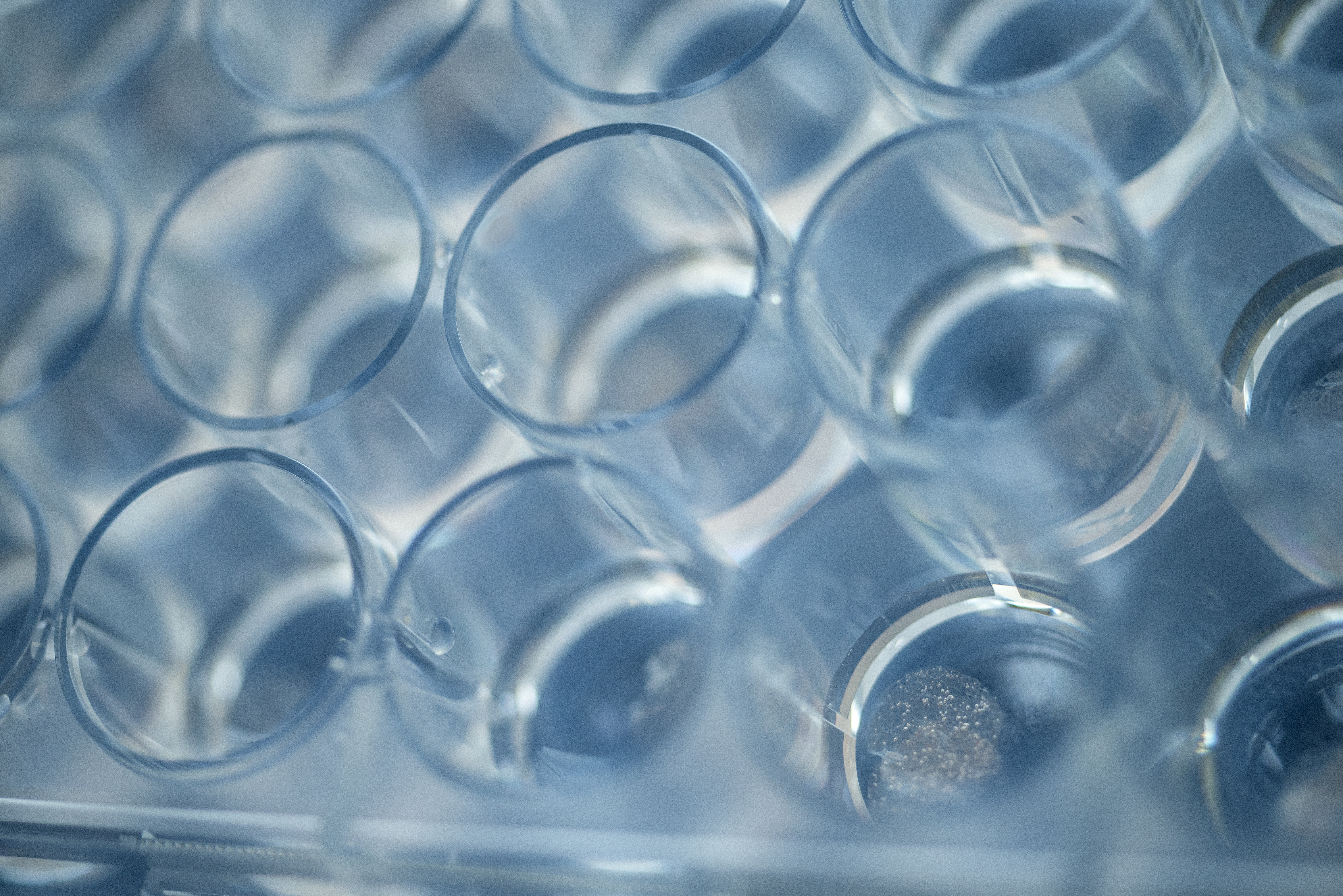Viable human lung slices as test system for COVID-19 drug development

By the end of 2021, the pathogen “severe acute respiratory syndrome coronavirus 2”, SARS-CoV-2 for short, had caused 450 million confirmed infections and more than 6 million deaths (www.worldometers.info/coronavirus). The disease this virus triggers in humans has been named COVID-19. Without treatment at an early stage, about 10 to 15 percent of patients develop a severe course of COVID-19, which can be fatal. Regardless of the vaccines now available, there continues to be a need for new antiviral drugs and treatment strategies. Fraunhofer ITEM is actively involved in the search for new active substances for COVID-19 treatment. The Fraunhofer scientists use human-relevant, predictive ex-vivo systems such as viable precision-cut lung slices (PCLS) for target identification and lead optimization of new drugs. For these studies, conducted in cooperation with universities and other institutes, PCLS are prepared from human lung tissue and infected with SARS-CoV-2 in an appropriate laboratory. The results have shown that the virus replicates in these tissue slices and triggers the release of inflammatory mediators. Simultaneous treatment with drugs such as cyclosporine A1, fluoxetine2, nafamostat or camostat3 allows the antiviral effects of these drugs to be studied. Drugs demonstrating safety and efficacy in this and other models are now being further developed for treating COVID-19 patients.
 Fraunhofer Institute for Toxicology and Experimental Medicine
Fraunhofer Institute for Toxicology and Experimental Medicine
